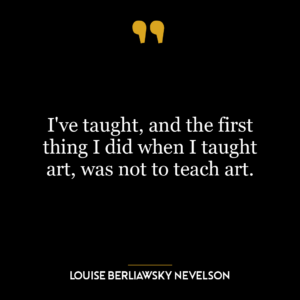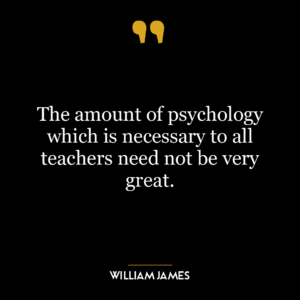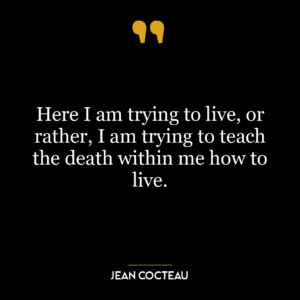This quote emphasizes the fundamental belief that education should be a right, not a privilege, accessible to all, regardless of their inherent abilities. It underlines the idea of equality of opportunity, which is the principle that all people should be given the same chances to succeed and should not be hindered by circumstances beyond their control, such as their socioeconomic status, race, or gender.
The first part of the quote, “Not everyone has equal abilities,” acknowledges the reality that people are born with different skills, talents, and capabilities. We are diverse in our intelligence, creativity, physical abilities, and so on. It is an acceptance of human diversity and the uniqueness of each individual.
However, the second part of the quote, “but everyone should have equal opportunity for education,” asserts that irrespective of these differences, everyone deserves the same access to education. This is because education is seen as a fundamental tool for personal and societal development, a way to level the playing field, and a means to empower individuals to improve their lives and contribute to society.
In today’s world, this quote is highly relevant. Although we have made strides in making education more accessible, there still exist disparities in educational opportunities, often tied to socioeconomic status, race, gender, and geographical location. The quote calls for continued efforts to break down these barriers and ensure that everyone, regardless of their circumstances, has the same opportunity to access quality education.
In terms of personal development, this quote encourages us to view education as an ongoing process that should be accessible to all. It suggests that we should not limit ourselves or others based on perceived abilities or lack thereof. Instead, we should strive to provide and seek out opportunities for learning and growth, recognizing that everyone has the potential to learn and succeed, given the right opportunities.












